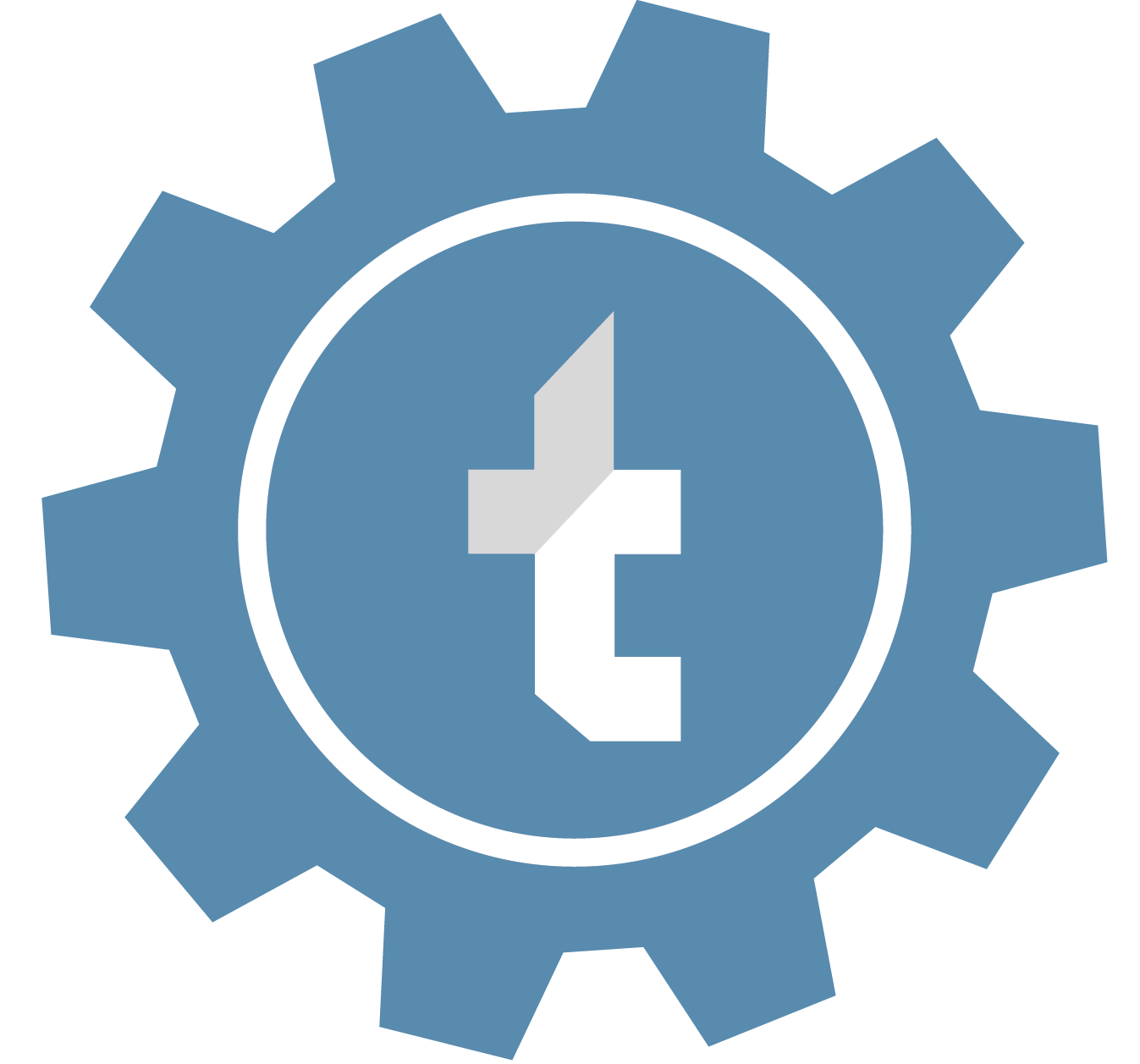May 02, 2024


Written by:
Today's Class Team
When it comes to training, embracing cutting-edge technology and digital transformation is key to staying ahead. The integration of artificial intelligence (AI) into automotive industry, particularly in education, marks a significant leap in creating more effective and personalized learning experiences. In this blog, we'll dive into how AI-driven algorithms are transforming the traditional educational landscape by providing intelligent, targeted training for your entire team.

Adaptive learning is a method that tailors educational experiences to meet individual learner needs. In the context of automotive technician training, AI leverages algorithms to gather a wide range of data on each learner. This includes their job role, knowledge accuracy, confidence levels, and how long they retain information. By analyzing these data points, AI can curate highly effective and personalized learning experiences that dynamically adjust to the learner's progress and performance.
The use of AI in adaptive learning incorporates complex algorithmic processes that continually assess the strengths and weaknesses of each individual. As learners interact with the training material, AI systems analyze their responses to adjust the curriculum in real time. This ensures that the learning content is always aligned with their evolving needs, helping maintain an optimal challenge level and preventing learners from becoming either overwhelmed or under-challenged.
Personalized learning paths, driven by AI algorithms, revolutionize training in automotive shops, offering tailored training that enhances efficiency and effectiveness.
For example, an experienced technician might excel in engine diagnostics but could benefit from advanced electrical system training. Conversely, a newer technician may need to focus on foundational skills like basic engine maintenance before advancing to more complex tasks. The AI-driven algorithm continually assesses the areas where a person struggles, ensuring that time is spent where they need help, not where they're already proficient.
This targeted approach optimizes training resources, enabling team members to delve deeply into specific areas requiring support and development. Instead of generic training sessions, they can focus on the most critical aspects of their role, maximizing learning opportunities.
With an adaptive learning experience, each team member can navigate their unique journey to mastery, contributing to the overall growth and success of the shop.
The role of AI extends beyond just data analysis; it's about anticipating learning gaps before they become roadblocks. Algorithms proactively identify areas where individuals may struggle or need additional focus by continuously monitoring their progress and understanding patterns in their interactions with the training material.
Algorithms provide more focus on specific topics to help individuals master them by leveraging data-driven insights and performance metrics. They analyze data points, such as the accuracy of responses and the level of confidence displayed by learners. Based on this comprehensive analysis, the AI system can determine which areas a team member struggles with and where they need additional support.
 For instance, if a technician consistently struggles with electronic system diagnostics, the algorithm can identify this as a learning gap. It can then push relevant training modules focused on electronic systems diagnostics to enhance understanding and skill development.
For instance, if a technician consistently struggles with electronic system diagnostics, the algorithm can identify this as a learning gap. It can then push relevant training modules focused on electronic systems diagnostics to enhance understanding and skill development.
Additionally, algorithms can adapt the learning content’s difficulty based on the learner's performance. If the technician shows progress and improvement in a certain area, the AI system can gradually increase the difficulty level or introduce more advanced concepts to challenge them further. This personalized approach ensures each team member receives targeted and tailored training that aligns with their unique learning pace and needs.
By leveraging AI-driven insights and interventions, individuals can effectively master challenging topics, fill knowledge gaps, and improve their overall proficiency. This proactive approach enhances individual learning outcomes and contributes to the team's overall success.
The fusion of AI algorithms into automotive industry education is reshaping how we approach learning, tailoring experiences for greater effectiveness. AI-powered adaptive learning and personalized paths, coupled with proactive learning gap identification, are revolutionizing technician training, ensuring everyone can excel.
Connect with the Today's Class team to explore how our training can seamlessly integrate into your shop, unlocking a world of smarter learning and operational excellence.
Let's embark together on this journey to empower your team with the tools they need to thrive in today's dynamic automotive landscape.
Tags: Technology
In pursuit of its continuing commitment to training and development, the Tire Industry Association (TIA) has announced a partnership with adaptive learning company Today’s Class. This mobile training...
Our industry is a competitive space, which means that shops need to be able to see real, meaningful returns on their investments — especially when it comes to team training. By understanding the...
Not every shop approaches training the same way, and that’s a good thing. Whether you’re introducing new technology, refreshing core skills, or helping your team grow, how you choose to train can...
2700 Corporate Drive
Suite 200
Birmingham, AL 35242
.png?width=225&height=51&name=TodaysClass_Logo_Color%20Iterations_TC_Light%20Grey%20(1).png)